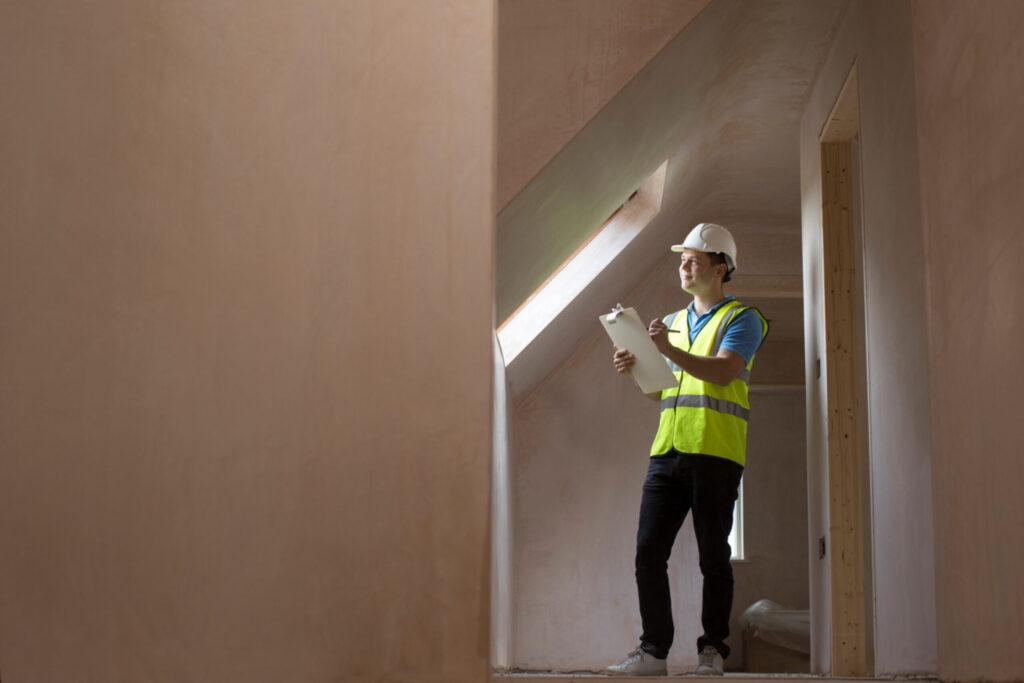Home inspection: Why is it important and how much does it cost in Texas?
 Home inspection is a crucial step in the real estate buying process. It involves a thorough visual examination of the property by a professional or group of professionals before a sale is closed. Real estate experts agree that home inspection is a step that should never be skipped as it protects both the buyer and the seller.
Home inspection is a crucial step in the real estate buying process. It involves a thorough visual examination of the property by a professional or group of professionals before a sale is closed. Real estate experts agree that home inspection is a step that should never be skipped as it protects both the buyer and the seller.
The importance of home inspection
Buyers will definitely benefit from a home inspection. It will allow them to determine the actual condition of the home they’re about to buy and make sure it’s as the seller represents. If the buyer finds defects that were not included in the seller’s disclosure, they could take the necessary steps to protect their interests. They can negotiate with the seller to reduce the selling price, or ask for closing concessions or discounts. Additionally, the buyer may require the seller to have the necessary repairs done before the sale is finalized. If they’re unable to reach an agreement with the seller, the buyer may opt out of the sale. On the other hand, a home inspection also protects the seller from future liability if a defect is found by the new homeowners after the sale is closed, especially if the origin of the defect cannot be established. It is typically the buyer who pays and arranges for a home inspection. Since it costs a significant amount of money, buyers often wait until they have the home on contract before they schedule one. A home inspection is considered one of the most important contingencies in a sales contract. During the contingency period, the buyer must arrange for a professional to conduct the inspection and have it completed on time. Otherwise, they may face a penalty or lose the sale.Types of home inspections
A general home inspection is the most standard type of inspection, and is performed in the majority of real estate transactions. The American Society of Home Inspectors defines a general home inspection as an “objective visual examination of the physical structure and systems of the house, from the roof to the foundation.” One thing to note about a general home inspection is that the home inspector may only observe and report on visible features of the home. They may not and cannot be expected to cut open drywalls, look inside pipes, or examine vent systems that are not readily accessible. During a general home inspection, the inspector may find signs that indicate a bigger problem. If the potential defect is outside the scope of their responsibility, they may recommend specialized inspections to be conducted. Likewise, homeowners or buyers who wish to do a more comprehensive check of the property may request for additional inspections, including:Foundation/structural inspection If a general home inspector notes any visible cracks on walls or faults in the foundation of the home, they may suggest to have a certified foundation expert do a thorough inspection.
HVAC systems inspection A general home inspector can do a temperature reading from air conditioning units and/or furnaces. If they spot anything unusual, they will typically recommend an HVAC specialist to do a more in-depth examination.
Mold inspection Water and weather damage may result in mold growth. In Texas, hurricanes and other weather disturbances make this type of inspection especially critical.
Sewer/septic inspection This is highly recommended for homes that are a little bit older, especially those in rural locations. The general home inspector will be able to make a general assessment of the conditions of the home’s plumbing, but will typically recommend an inspection by a specialist if issues are found.

